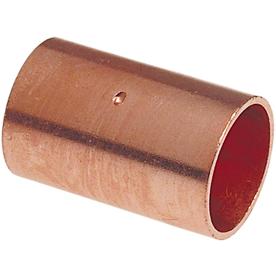| How on earth did you make it this way, copper, HCl, and H2O2? I would try adding some hydrochloric acid to both the filtrate and the precipitate and
warming; it looks like you have copper oxychloride forming in your process from atmospheric oxygen, copper metal, and CuCl2 comproportionating.
|




